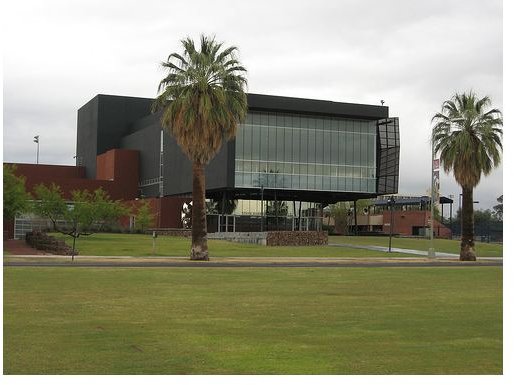Five Major Differences Between Total Quality Management and Management by Objectives
Total Quality Management (TQM) is a strategic management approach that aims to improve business as a whole and add value to customers. TQM interventions such as Statistical Process Control, Failure Analysis, and other techniques help identify and eliminate mistakes, reduce waste, and improve productivity, leading to continuous improvement of organizational processes and products, and enhancing efficiency of people and machine.
Management by Objectives (MBO) is an operations strategy and a modern performance appraisal method where the employee and the supervisor come together to identify common goals, chart down specific objectives and fix targets for the attainment of such goals within the specified period.
1. Differences in Scope
The fundamental differences between Total Quality Management and Management by Objectives relate to the scope. TQM is wide in scope and extends to reducing defects, eliminating waste, and improving quality throughout all processes in the organization, for long-term benefits.
MBO is narrow in scope and aims at setting and evaluating specific short-term targets for individual employees. Although MBO objectives usually relate to corporate goals and vision, the scope of the targets framed to meet such objectives remain confined to day-to-day applications, and need not necessary relate to quality or eliminating waste.
2. Differences in Approach
Total Quality Management approaches to solve problems based on external customer satisfaction. Management by Objectives, on the other hand approaches to solve problems based on internal goals and targets.
An example is a MBO target for a Research and Development employee “to find ways to improve the quality of a product” without providing the employee with a detailed “how to” road map, and the TQM approach towards improving product quality. Total Quality Management does not limit the effort to improve quality of a product to any specific group of employees or any specific process. TQM defines quality in terms of customer satisfaction and then makes an analysis of all processes and work roles in the organization to seek ways to improve quality.
3. Differences in Application
Many modern day management strategists such as Edward Deming, Robert Amsden, and Thomas Ferratt opine that Total Quality Management does not work with Management by Objectives, and that the application of TQM requires ending MBO in the organization.
Management by Objectives set targets for individual employees based on the desired outcomes and is ideally suited for an unstable system where each individual needs specific targets for a specified period. Total Quality Management on the other hand works towards creating stability and achieving an optimal state where goals remain fixed and apparent to everybody. A separate MBO becomes redundant in a stable set up brought about by TQM. MBO goals even become counterproductive if it contradicts the capability of a stable system.
4. Collectivism of TQM vs Individualism of MBO
Total Quality Management is a philosophy that advocates collective effort through formation of cross-functional teams, knowledge sharing, coaching, counseling, and other forms of mutual support. Edward Deming, the founding father of TQM did not consider the practice of management playing the role of judge as conducive to quality improvement, and thereby advocated abolishing the performance appraisal system.
Management by Objectives is individualistic in nature. Although MBO recognizes teamwork, it concerns itself on setting individual goals and objectives and rating the individual employee on how well he or she accomplishes such objectives.
5. Differences in Impact on Human Resources
Management by Objectives, being an appraisal method with specific targets and quantifiable outcomes usually become the basis for employee incentives and hikes. Total Quality Management on the other hand translates results in better corporate profitability in the long term, but the benefits are not easily quantifiable or apparent in the short run.
Total Quality Management concerns itself with teaching quality and improving both specific and generic skill-set of each employee and heralding a proactive work culture. Management by Objectives on the other hand caters to providing training and other developmental interventions to employees only to meet the agreed on targets.
Perhaps the greatest difference is with the style or culture. The MBO style is appropriate for knowledge-based enterprises where the staff is highly competent and efficient, and useful in such situations to build employees’ leadership, creativity, initiative, and tacit knowledge skills. The TQM approach is more suited in a product or process oriented set up where the success of the business depends on efficiency of the process line.
References
- Organ, Denis, W. (Nov-Dec 1996). Connection between management by objectives and total quality management – Editorial. Business Horizons.
- Palmer, Gill. (1992). Total Quality Management and Human Resource Management: Comparisons and Contrasts. Asia Pacific Journal of Human Resources (Vol. 30, No. 2, 67-78). Retrieved from https://apj.sagepub.com/cgi/content/short/30/2/67
Image Credit: Ken Lund: https://www.flickr.com/photos/kenlund/
